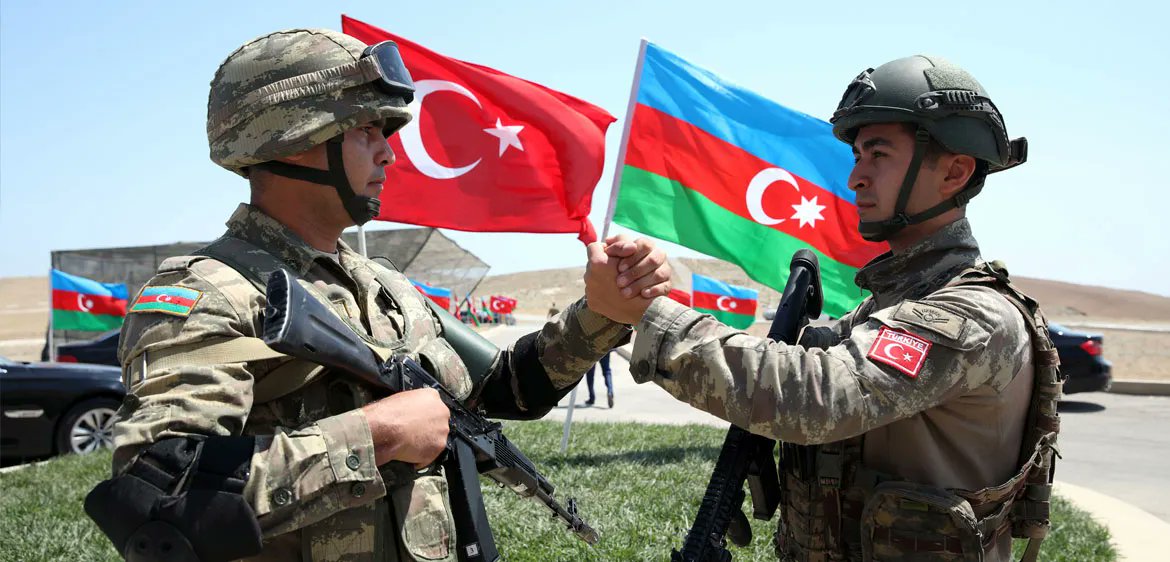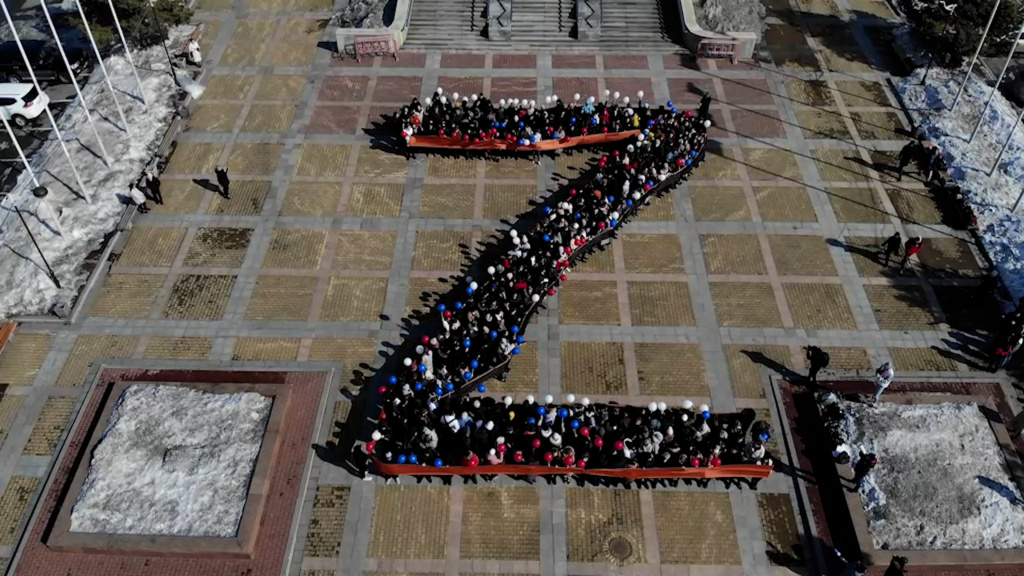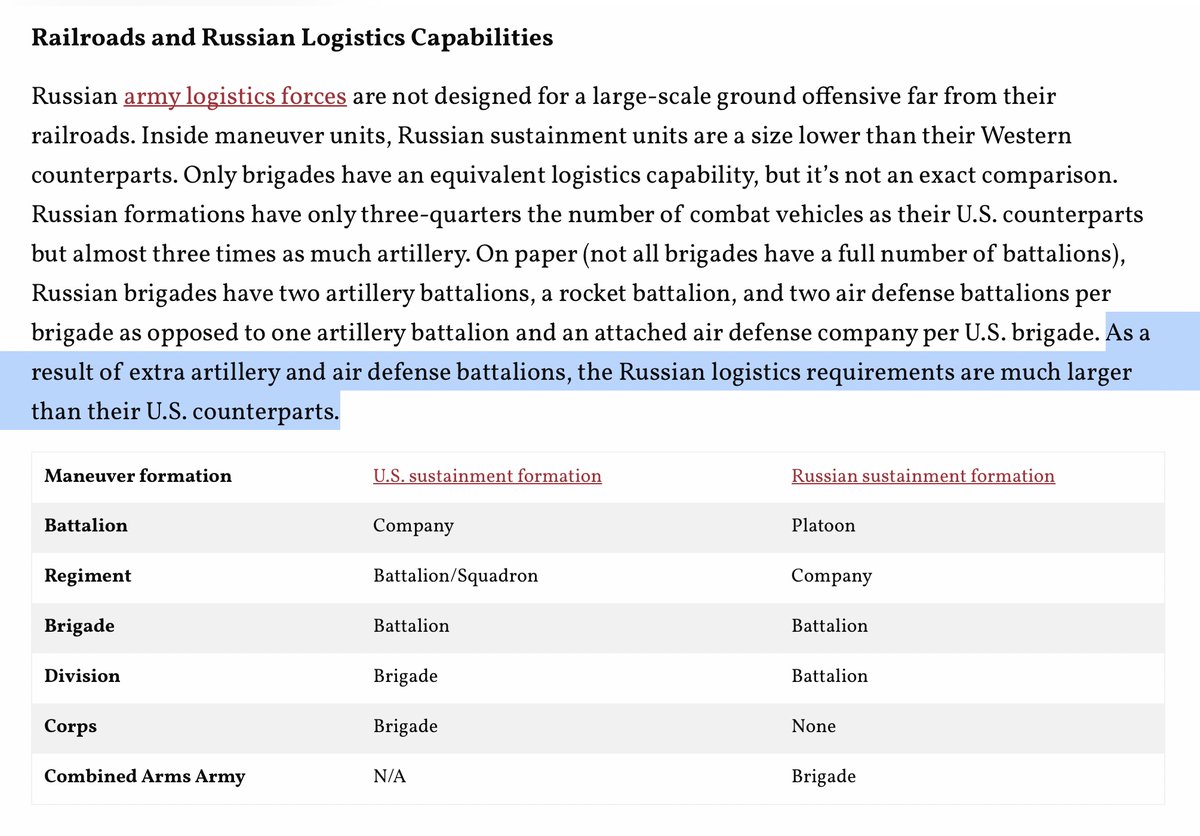Wars are fought for the memes. And the Russian invasion gives us a classic example of a meme war. Consider this photo from a captured city with plaques changed from the Ukrainian "Марiуполь" to Russian "Мариуполь". It's about extirpating wrong memes and propagating right ones 
Yeah, war is multidimensional. Those actors who launch it have various motivations. Some do it for cash, some for career, some for the sake of the personal vendetta. Some want to change (or maintain) the current power balance at home. The war is a tool for domestic policy-making
Some powerful actors interpret the war in non-meme terms. Consider this article by Vladislav Surkov actualcomment.ru/tumannoe-budus… published on February 15, 2022, just few days before Russian troops crossed the Ukrainian border. It's all about geopolitics, nothing about memes 
Some Surkov's points:
- The character of the landscape determines the character of a nation. Coast-dwellers are different from the inland-dwellers
- The size of the territory determines the character, too
- The psychological landscape is just as important as the physical one
- The character of the landscape determines the character of a nation. Coast-dwellers are different from the inland-dwellers
- The size of the territory determines the character, too
- The psychological landscape is just as important as the physical one
Both physical and psychological landscapes of Russia are destroyed by the Peace of Brest-Litovsk. In 1918 Bolsheviks agreed to transfer many territories to Germany and to allow self-determination on others. Even now that curve largely shapes the Western border of Russia 
Unwillingly, Surkov refuted a favourite argument of the Russian propaganda about Ukraine, or ethnic republic system within Russian being "created by Lenin". That's simply false. Lenin didn't just "grant freedom" to minorities, dismantling the Empire. It was the other way around
The Russian empire collapsed in 1917-1918. The peripheries started proclaiming their autonomy or independence straight after the Tsar's abdication in March 1917, when Lenin was still in Switzerland. Lenin didn't intend to "give freedom". He intended to incorporate them back
The problem Bolsheviks faced in 1918-1924 was not "enfranchising" the minorities but rather incorporating them back after the imperial structure collapsed. That's why Brest-Litovsk self-determination borders still matter. Even upon his victory, Lenin had to take them into account
Quite a lot of people in the upper echelons of power, politicians and decision-makers think in terms of geopolitics. I would argue that the geopolitics bias in Russia (and in other cases) is largely a side-effect of the American cultural hegemony
In America an argumentum ad geographiam is largely considered legitimate, "objective" and safe for the one who uses it. With many other reductionist arguments being somewhat less safe, there is a certain evolutionary incentive to overuse the geographic and geopolitical argument
America being the main exporter of intellectual frameworks that shape the public discourse all over the globe, a specific structure of evolutionary incentives in American academia, think-tanks, media, etc has a huge impact on the global public discourse. Surkov is a good example
Geopolitical models are valid. That doesn't mean they're correct. They're all incorrect because every single model is incorrect. We are unable to comprehend the reality in all its complexity and thus have to rely on imperfect models. That's all we have
All models being incorrect, it doesn't make much sense discussing their accuracy. The question is whether they're useful or not. And them being useful or not largely depends on whether we use them within their limits of applicability
Being always incorrect, models also have limits beyond which they also become useless or worse. The question is - don't we overuse the geopolitical models simply because they're safe, unobjectionable and "scientific"? 

I'll argue that we do. Overfocusing on geopolitical dynamics we tend to take too many phenomena as granted. Like a state with the well-defined (or even defined) border. I'll argue that we give too much importance to something very recent, fleering and temporary
Even more importantly, overfocusing on the geopolitics we miss some crucial elements of the conflict dynamics. Like what they're ultimately fought for. You tell, that you wanna expand "our territory" at "their" expense. Ok, but who are "us" and who are "they"?
The lines between "us" and "them" are much more temporary and fleeting than one could think. I could give some illustrations of the Russian-Ukrainian dynamics, but I won't. Instead I'll give an example from further south
In early 20th century, the Turkish state discouraged the naturalisation of Azeri immigrants. Chechens, Avars, Circassians were all ok. Azeri were not. Why? They're Shia and clearly descendants of our Qizilbashi arch nemesis. They have wrong memes. They're not us
By the 21th century however, the situation reversed. Previously undesirable "Azeri" were now probably the most desirable foreigners in Turkey. One nation, two states. They're basically us. They speak almost the same language, have almost the same culture and so on 

Both in the 1930s and in 2010s lines between "us" and "them" were defined by memes. That's the constant. What changed then? Well, the focus did. Focus was shifted from the religious memes to the linguistic ones. Linguistics became way more important than Shia vs Sunni divisions
Paradoxically enough, the Turko-Islamic community between Turkey and Azerbaijan could be built only after the religion was de-actualized. It's so much easier to be a Muslim ecumenist when you never read the Quran. The same goes with Christianity and the Bible
Focus of attention on these or those memes unifies and divides. It unifies, because sharing the same memes we can work out the common identity and build an imagined community. We can imagine "Us" who should conquer or defend this or that land
Focus of attention on certain memes also creates division. If we really focus on a meme, it means that the smallest, the most minuscule differences in that exact super important meme become a source of the bitterest animosity
That might explain why it is the overwhelmingly Russophone East Ukraine is absolutely devastated by this war while the West Ukraine suffered much less. East Ukraine suffered exactly because it was viewed by Russia as "almost us"
East Ukraine being viewed as "almost Russia" it had to become just Russia. Russian authorities planned to do it quickly and easily. East Ukrainians memes are just a little bit different, so we need to correct them and bring them back into our ranks
Soon they faced the reality check. Consider this. Many children from the occupied territories shipped to Russia just don't know the Russian enough to study in Russian schools
Or this dialogue between a Russian military and a Ukrainian boy:
- When did the war start? The Great Patriotic War
- In 1939
- You see! The Great Patriotic one
We see a process of meme correction and the defiance against it
- When did the war start? The Great Patriotic War
- In 1939
- You see! The Great Patriotic one
We see a process of meme correction and the defiance against it
Russian atrocities in Ukraine are largely motivated by the benevolent intentions. They have somewhat wrong memes but they absolutely can be corrected and become fully "us". The Ukrainian defiance to being corrected is both shocking and devastating for the correctors
That's what proponents of giving Putin some territory to allow him to save face, miss completely. It's not that Russia will purposefully organise a hell there. It's just that guided by the most benevolent intentions (meme correction) it will turn them into the nightmare
Facing defiance, Russia will increase its efforts in extirpating the wrong memes and enforcing the right ones. That will trigger even more resistance, and thus Russians will escalate violence even more. Russia keeping a foothold of the conquered territory will spiral the violence
End of thread
• • •
Missing some Tweet in this thread? You can try to
force a refresh





